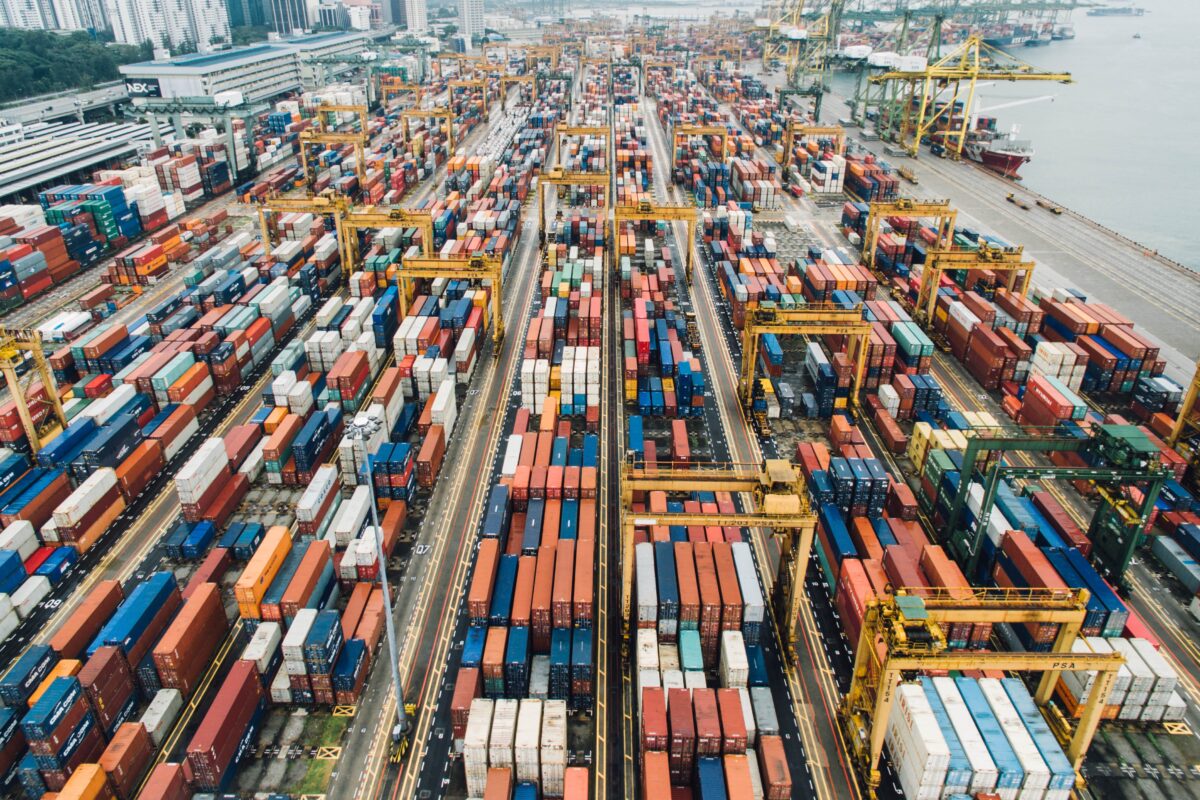Interview with Dr Thierry Fausten, consultant at Informed Decisions on improving ethics and responsibility in supply chains through transparency.
Transcript:
How can digitalisation be a part of making procurement more ethical?
I think the power of digitalization in this respect is that it's going to bring transparency we all have heard of in Blockchain as a technology. So, if you accept people playing with financial instruments, blockchain as an example, is a way to keep track of what's happening and to make sure that transactions but also documents can be kept exactly as aware and highly traceable. So, if you apply technology like this one to tracing the supply chain, tracing the transactions, tracing the behaviour. It’s going to bring you transparency. In total, this will support procurement being more equal, but it's not the only one that. I remember the introduction of the options last century. I was there, and the thing is with the options - you also introduce trust ability with all the electronic tools that now seem very obvious to everyone. That was one of the key contributions to make sure that what had been done was transparent, was fair. And so, was it to tackle behaviour by procurement in obtaining what was deleted, in sourcing suppliers, in making contracts. Lot of people focus on ethics in procurement regarding the treatment, if I may say so, done to human people and the environment. And these are very, very, very important things to consider. However, in the ethical behaviour of procurement, it's also how you deal with players. And so transparency - we just had that. And yeah, a lot of digital tools are contributing.
How can supply chain responsibility be fostered through collaborative innovation tools?
Yeah, that's so. My understanding of collaboration, collaborative innovation tools is that these are tools that foster communication, that foster creativity. So I have a bit of a hard time of connecting these tools with supply chain responsibility as you described it, I have to say. The point is collaborating tools that enable or make collaboration easier are obviously going to contribute to supply chain responsibility, again by bringing transparency. Also, by making requirements clearer. That's one thing that have been highlighted in a number of research papers regarding responsibilities throughout supply chain. It is that the further you go from the buyer, the harder it is to make sure that requirements and expectations are properly conveyed and are not distorted. So, by using collaboration tools and again increasing transparency, increasing communication, this is going to contribute. The innovation part, I mean you will have innovative tools to do that, but you will need collaboration and transparency.
What is the role of supply chain management systems in making supply chains more sustainable?
That's a big question. I think the role of supply chain management system there is again, it will contribute. If you consider or tend to consider sustainability in a very, very broad way. You know, it's not only respecting the environment but also keeping you super happy and your customers happier doing business with you. It's also making sure that the people you work with are working in good conditions new. I tried to have a really broad approach there. And so these two supply chain management systems about from transparency they also bring agility; they bring advanced information; and you can avoid a lot of actions that are negative in the long term resilience and the long term existence of your supply chain. But I want to show why that is and I'm going to give examples. If you can have a good scheduling on foresight on what you need, then you avoid, escalating things on using fast transport that usually is more polluting. But also, if you are able to forecast your moves properly, you are going to reduce waste, so you are going to be able to reuse and recycle. So, you can manage and have an impact on the whole circularity of what you're doing in your business, but also what your suppliers and your customers are going to need, reject. How you can plan with a company that is collecting your scrap or reuse from materials you don't choose. Say: “Hey! You know, I will have this much available this time.” So they can also plan when they are having this end-to-end approach with a high connectivity is certainly going to contribute to sustainability installations. But again, it's not only approaching from one dimension. It's like knowing that you are going to need more or less workers. As an example, then this is part of the sustainability, because you respect people, they know they will have job. You have time to make sure you will have all resources.
What is the role of Informed Decisions in advising companies along this path?
The mission of Informed Decisions as an advisory company is to aid companies to organise and manage their procurement on supply management better. So yeah, the contribution layer is - helping to have smoother and efficient processes and organisations. They directly contribute to transparency, to efficiency. So you just help them in their journey towards sustainability. It's not only the most frequently asked way for support. It’s way more, about pure efficiency. But you can really easily contribute to sustainability by being more efficient, that's for sure.

